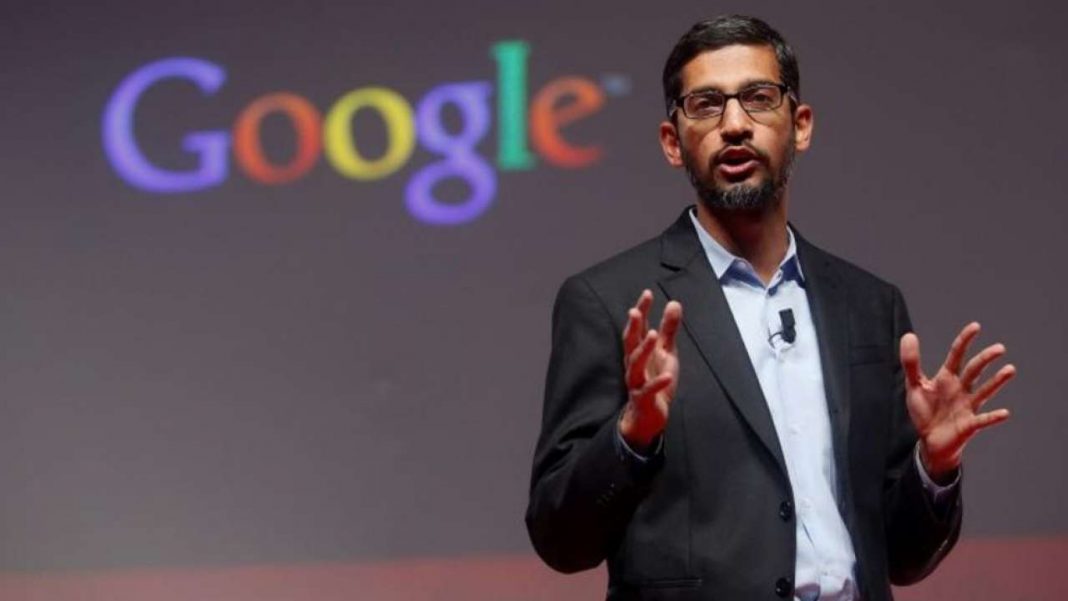According to a new court document, Google CEO Sundar Pichai was warned in 2019 that referring to the company’s Incognito browsing mode as “private” was problematic, but he stuck to his guns because he didn’t want the function “under the limelight.”
The petition, according to Google spokesman José Castaeda, “mischaracterizes emails referring to unconnected second and third-hand reports.” In recent years, amid growing public worries about online spying, the Alphabet Inc (GOOGL.O) unit’s privacy disclosures have drawn regulatory and judicial scrutiny.
Users claimed in a complaint filed in June that Google illegally recorded their internet activity when using its Chrome browser in Incognito mode. Incognito only prevents data from being saved on a user’s device, according to Google, which is opposing the lawsuit.
Attorneys for the users said they “expect attempting to depose” Pichai and Google Chief Marketing Officer Lorraine Twohill in a written update on trial preparations filed Thursday in U.S. district court.
According to the attorneys, Pichai “was warned in 2019 as part of a project led by Twohill that Incognito should not be referred to as ‘private’ because doing so would ‘risk compounding known misconceptions about the safeguards Incognito mode provides.'”
The filing continued, “As part of those discussions, Pichai decided that he ‘didn’t want to put incognito under the spotlight’ and Google continued without addressing those known issues.”
Castañeda said teams “routinely discuss ways to improve the privacy controls built into our services.” Google’s attorneys said they would oppose efforts to depose Pichai and Twohill.
Google’s attorneys rejected the summary, writing that Rakowski also said terms including “private,” “anonymous,” and “invisible” with proper context “can be super helpful” in explaining Incognito.












